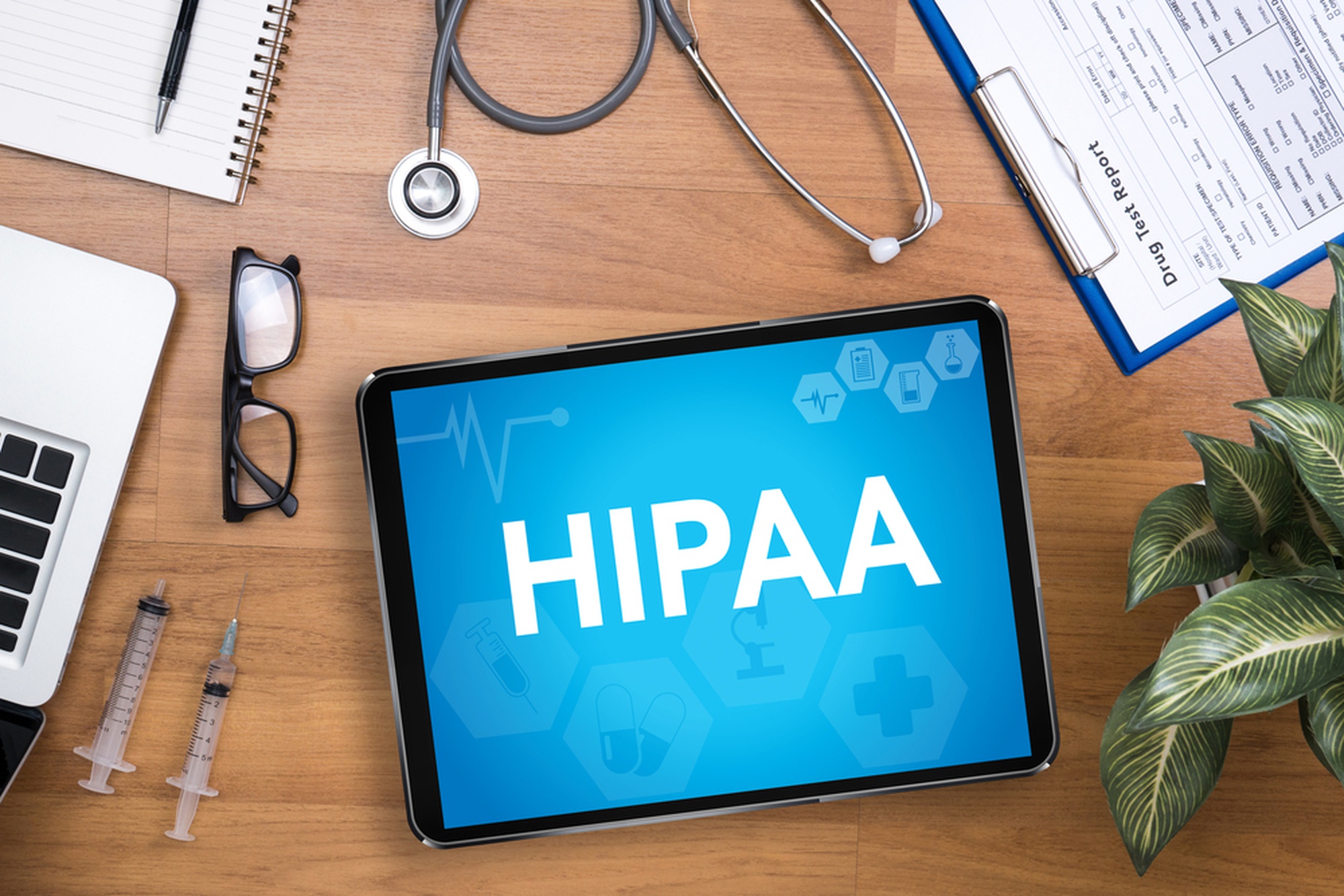Security of sensitive information is an absolute priority in today’s digital world. This is the case for all organizations of all sizes. Health Insurance Portability and Accountability Act also known as HIPAA is a law that provides guidelines for healthcare professionals on how to handle information, storage, handling and protecting health information. HIPAA Compliance is vital for healthcare organizations to safeguard privacy and avoid penalties, as well as maintain the trust of their customers.

HIPAA covers every healthcare provider, healthcare plans, healthcare clearinghouses as well as business associates. PHI refers to any information that can be used for the purpose of identifying an person. This includes addresses, names, credit card information and Social Security numbers. PHI has a significant black market value because of its potential use for identity theft.
The HIPAA Privacy rule defines guidelines regarding the use and disclosure of personal health information (PHI). The covered entities must implement policies and procedures that safeguard the integrity, confidentiality and accessibility of electronic personal health information (ePHI). These policies must contain access controls, security incident procedures, security education, as well as any other security measures. The covered entities have to limit their use and disclosures of PHI only to what is required to meet the goal that they are used or disclosed.
The HIPAA Security Rule requires covered entities to safeguard the confidentiality, integrity, and accessibility of ePHI by using appropriate and reasonable administrative, physical, and technical security measures. These safeguards include audit control, integrity checks, transmission security and contingency plans. The covered entities are also required to regularly conduct risk assessments in order to identify vulnerabilities and implement mitigation measures.
The HIPAA Breach Notification Rule mandates that covered entities inform affected individuals or affected, as well as the Secretary of Health and Human Services and, in certain cases media in the case of an unintentional breach of PHI. The Privacy Rule defines a breach as the acquisition, use, or disclosure of PHI which is not allowed under the Privacy Rules, which compromises security or privacy. To determine whether PHI might be compromised, and the potential harm caused by a breach, covered organizations must conduct an assessment of risk.
HIPAA compliance requires ongoing training and education for employees to ensure that they are aware of their obligations regarding privacy of patients and security. The covered entities also need to perform regular risk assessments to determine potential vulnerabilities and implement measures to minimize the risks. The measures include creating security controls or encryption of ePHI or establishing plans of contingency to handle any security incidents that could occur.
The modern age of technology has made an enormous impact on virtually every aspect of our lives, including healthcare. Electronic health records have proven revolutionary in allowing healthcare professionals to store and manage patient data in a seamless way. This has led to significant cybersecurity risks and strict compliance with HIPAA is a must. The information about patients is extremely sensitive and should be secured to the max. HIPAA has never been more crucial than it is today, given the ever-increasing threat of cyberattacks aimed at healthcare organizations. HIPAA helps ensure the security and privacy of patient information, making patients feel more confident in healthcare providers.
HIPAA compliance can help healthcare providers to safeguard patient privacy and ensure the trust of patients. HIPAA compliance failure can cause fines of up to $100,000 as well as legal action and the loss of your reputation. The Department of Health and Human Services’ Office for Civil Rights (OCR) is responsible for the enforcement of HIPAA regulations and has the power to investigate complaints and conduct compliance reviews.
HIPAA Compliance is essential for healthcare organizations to protect privacy of patients in the digital Age. The regulations laid out by HIPAA give precise guidelines for managing storage, handling and security of health information that is protected. The healthcare organizations should be sure that they have HIPAA-compliant policies and procedures, carry out periodic risk assessments, provide ongoing training and education for their employees and conduct regular risk assessment. In doing so healthcare facilities can preserve their patients’ trust and avoid legal action.
For more information, click how does hipaa protect patients